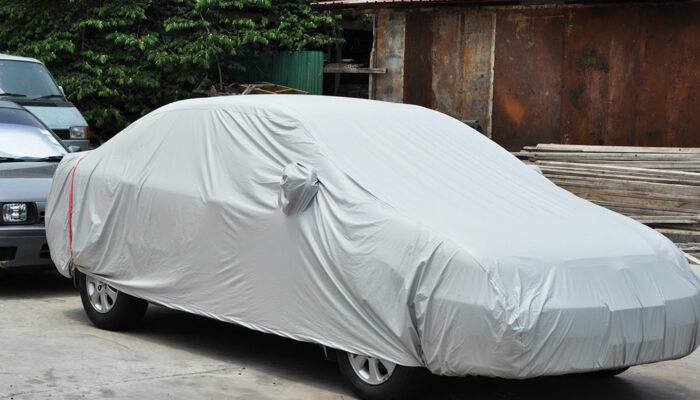
Weighing the Pros and Cons of a Reverse Mortgage
When your home is your greatest asset and you do not have enough cash or any other income source for fulfilling your standard expenses, you can consider a reverse mortgage. However, you must carefully consider the basics of a reverse mortgage to see whether it will work for you.
Indeed, building home equity is not easy, and you may have had to spend many years to make it what it is today. Taking out a reverse mortgage on your home would imply spending a chunk of that equity on interest and loan fees. So, it is essential to weigh the pros and cons and study the basics of a reverse mortgage before taking it.
This article discusses the pros and cons of a reverse mortgage, understanding which can help you make an informed decision.
The Basics of a Reverse Mortgage – Weighing the Pros and Cons
- To become eligible for a reverse mortgage, you must own a home or you should be in a position to pay it off soon. So, you need enough equity that will guarantee a lump sum payment every month or after you have paid off any existing mortgage.
To do this, you can get quotes from multiple reverse mortgage lenders to find out if this is a worthwhile solution in the long term. You need to figure out how much money you will get with all payment options. Additionally, if none can offer the liquidity you need, it is best to look for some other way to resolve your finances. - A reverse mortgage will work when you intend to stay at your home as it entails high upfront expenses. You need to bear lender fees, upfront insurance costs, and closing costs, including a home appraisal, title insurance, and home inspection. Paying all this is not going to make sense if you intend to move after a few years.
- A reverse mortgage is a good option if you can afford to pay the ongoing expenses, like property taxes, home repairs, and homeowner’s insurance. In case you lag on those payments, the lender may state that your loan is due. If property taxes have been overdue for long, authorities may take possession of the home, and not doing enough for home maintenance will also lead to loss of home value.
- A reverse mortgage is a good move when your spouse is at least 62 years old. For instance, if you are married but your spouse is less than 62, this plan won’t work. In case you of the applicant’s death, laws prevent their spouse from losing the home, but the spouse will not be entitled to get any proceeds. To prevent this, a reverse mortgage should be taken when you and your spouse are both at least 62 years old.
- Getting a reverse mortgage is wise when you have no plan to leave your home to anyone else, apart from your spouse. This may happen if you don’t have children or they are not dependent on you in any way. The loan becomes payable after the applicant’s death, so your heirs who wish to own the house can opt to pay the loan balance to the lenders and get possession. When there are no heirs, the lender sells the house in the open market.



